The summer is coming dynamically, short sleeves and swimsuits are coming out of the loft and the big chapter “ANTHLIOACO” opens once again. Modern sunscreens are highly sophisticated and provide more protection than ever before. There are, however, several myths and misconceptions surrounding these products as well as some great truths that it would be good to know. Having a better understanding of what it is all about, you will have all the data at your fingertips, so you can make the best possible choice when you buy your next bottle!
UVA and UVB radiation
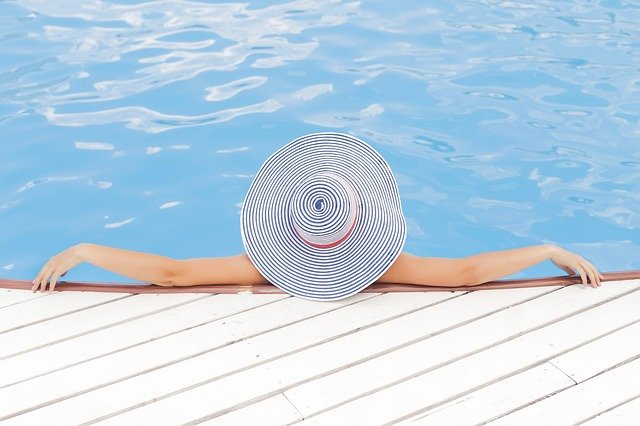
In order to have a good understanding of exactly how a sunscreen works, as well as the myths surrounding it, there must first be a good understanding of how UVA and UVB solar radiation works. These are two forms of ultraviolet (UV) radiation that both affect the skin after exposure to them.
UVA radiation has a higher transmittance and penetrates the deeper layer of the skin called the dermis. Prolonged exposure to UVA rays without sun protection leads to premature aging, wrinkles and suppresses the immune system.
UVB rays, on the other hand, have a lower transmittance and are primarily responsible for sunburns on the outer layer of the skin, called the epidermis. UVB radiation is an important factor in the development of serious diseases such as skin cancer. Also, frequent sunburns can cause permanent skin problems and scars.
So now that you have this useful knowledge, let’s analyze the most basic myths about sunscreen!
Sunscreen is not always necessary

There is a general belief that sunscreen is only necessary when the whole body is exposed to the sun, i.e. at the beach or on summer holidays. However, UV radiation is harmful to the skin regardless of how much of its surface is exposed.
Also, some people believe that sunscreen is not necessary on cloudy days because the sun is not so intense and “doesn’t burn”. The reality is that anytime the skin is exposed to sunlight, it is also exposed to UV radiation. Whether it’s summer sunshine, or Narnia’s winter (if you haven’t seen the film, watch it!), it makes absolutely no difference.
Sunscreen blocks the production of vitamin D
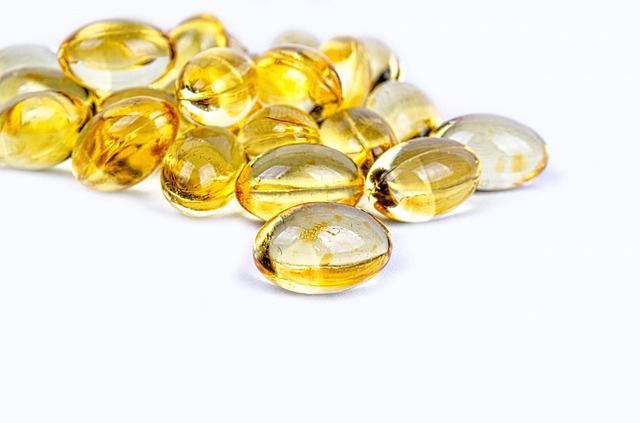
Vitamin D is a vital component for good health and the body produces it easily through exposure to UV radiation. So, yes, in theory if you used sunscreen 100% of the time when exposed to sunlight, you would be vitamin D deficient.
However, sunlight can penetrate clothing, on the one hand, and sunscreens lose their effect after some time. Moreover, it is almost impossible for someone to use sunscreen in every possible case of contact with the sun, as well as in all possible exposed areas.
Many scientists and dermatologists point out that 5 to 30 minutes of sun exposure per day is enough for our body to produce the required amount of vitamin D.
People with dark skin do not need sunscreen
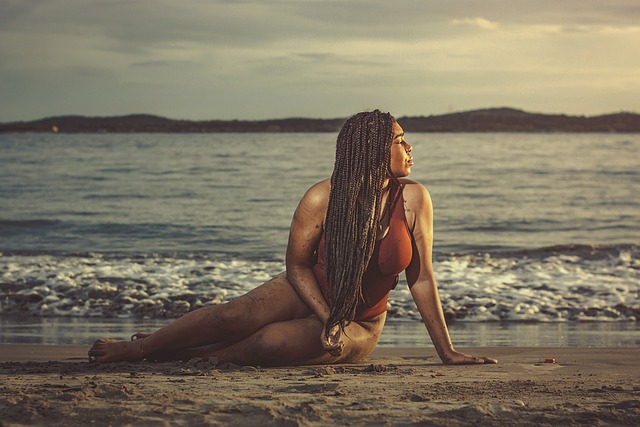
Some people think that those who have more melanin in their skin don’t need to put sunscreen on. To a certain extent this could be true as melanin partially absorbs UVB radiation and can to a certain extent protect against burns.
So while people who have darker skin are in some ways more protected from the sun, they still need to use sunscreen with strong protection. This is because UVA radiation is not blocked by melanin like UVB. By extension, the skin will again undergo premature aging and wrinkles will develop.
Also, melanin cannot protect the skin from overexposure to the sun, such as sitting under it for hours without sun protection. In addition, the risk of skin cancer from solar radiation is the enemy of all of us, regardless of skin pigmentation.
A few solarium sessions before the beach can help you avoid sunburn
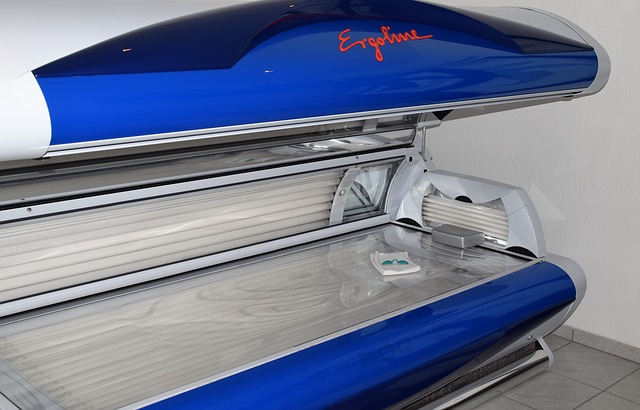
A practice followed by many people is to do some tanning sessions before being exposed to the sun, on the basis that they will not burn.
However, the tanning bed uses a high concentration of UVA (not UVB) radiation to tan the skin quickly, whereas, in sunlight, both UVA and UVB are included.
As a result, exposure of the skin to UVA radiation from tanning beds creates a temporary tan that is unable to protect against sun exposure and burns caused by UVB radiation.
Make-up is enough to protect the facial skin from solar radiation

It is a reality that makeup can offer a little protection from the sun, as most products have a protection factor anyway. However, the protection it provides is not something great and in no way can it replace the sunscreen itself.
Make-up should therefore be used as a complementary layer of protection and not as the only layer of protection.
When you wear sunscreen you don’t get a tan.

Sunscreen can provide protection from UVA and UVB radiation but it cannot completely block it. So it is still possible to get a tan while wearing sunscreen, even if you renew it several times during the day.
With just one application of sunscreen, you have protection all day long.
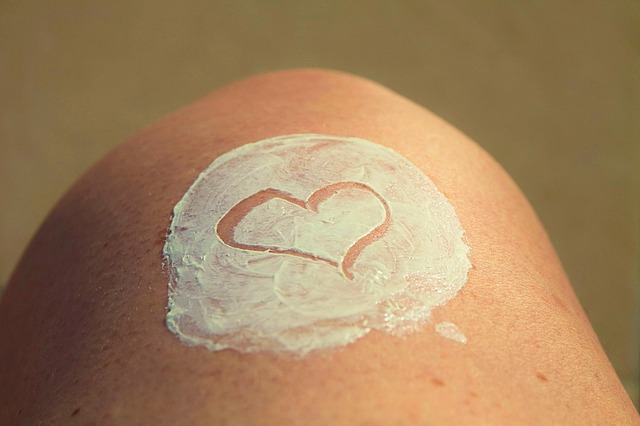
There is a theory that a single application of sunscreen in the morning will provide protection from the sun all day. In fact the sunscreen loses its effectiveness in a relatively short time.
Under normal circumstances you should renew your sunscreen every two to four hours at least.
Sunscreens are waterproof.
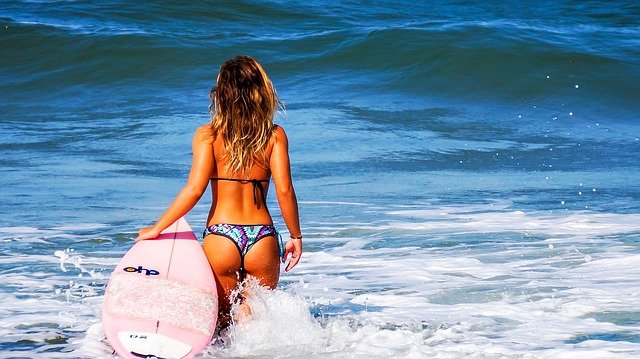
Many sunscreens state that they are water-resistant or sweat-resistant, or state that they are for athletes. Consequently, there is a mistaken belief that they are in fact waterproof. Unfortunately this is an overestimation of what a sunscreen can do, as there is a big difference between water-resistant and waterproof.
In truth, no sunscreen is 100% waterproof. The correct way to use it is to let your sunscreen absorb for at least 10 to 15 minutes before getting into the water, and to reapply it every time you get your skin wet.
Sunscreens never expire.
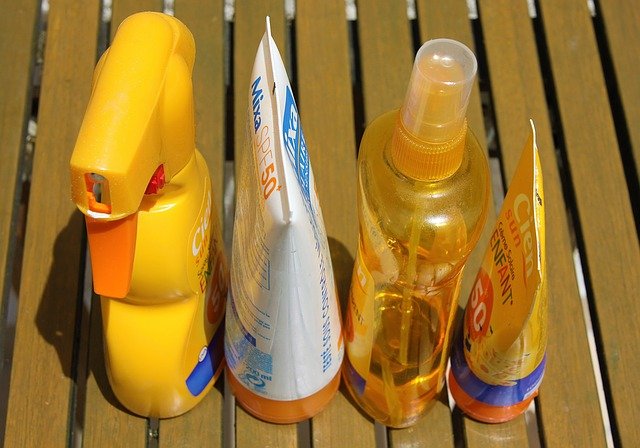
Despite what most people think Sunscreens ARE expiring. The idea of using last year’s or the year before’s sunscreen again this year might not be the best idea. The active ingredients it contains, which form the skin’s shield against UV radiation, lose their properties over time. Using a sunscreen that has now expired is therefore completely meaningless, as it offers no protection to the skin.
And we conclude that:
Understanding the truth behind these myths is the cornerstone to the effective and correct use of a sunscreen.
Remember
The instructions for use for each sunscreen differ. It is advisable to follow the instructions on the packaging of the one you have chosen to ensure maximum protection. After all, as it turns out, sunscreen is your best friend against burns and damaged skin!

